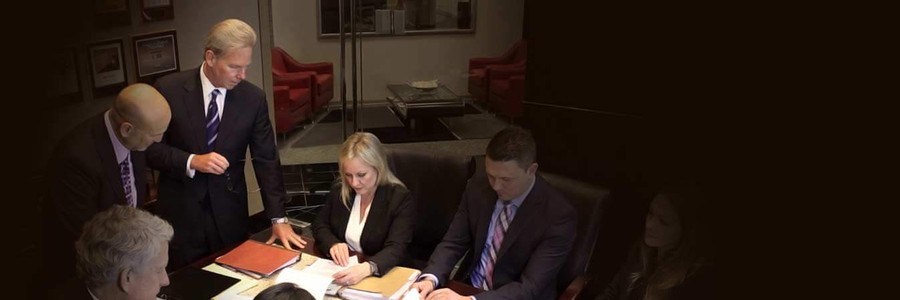The Case of Johnnie Esco: How Nursing Homes Falsify Your Loved One's Medical Records
The death of 77-year-old Johnnie Esco on March 7, 2008 after spending 13 days at a Placerville nursing home has opened the California public's eyes to a phenomenon many never knew existed – the falsification of patient records in nursing homes. According to a series of investigative articles in The Sacramento Bee, patients' records being altered in nursing homes is a dangerous practice that is not much talked about or discussed. The Bee reviewed nearly 150 cases of alleged chart falsification and found that this practice puts patients at serious risk of injury and sometimes leads to death.
A "High Degree of Deception"
It ended tragically in the case of Johnnie Esco, who died after a mere 13 days at the El Dorado Care Center in Placerville. Esco was recuperating from pneumonia and was expected to return home after rest and skilled nursing care. Instead, she died as a result of a blood clot that traveled to her lungs and "acute fecal impaction." The case, among other things, raised questions about the integrity of Johnnie Esco's medical records. In his wrongful death lawsuit, Don Esco, Johnnie's husband, alleges that the nursing home fabricated a lot of her records and participated in a "high degree of deception."
The depositions recorded for the lawsuit told a very disturbing story. Several staff members conceded that "charting" at the nursing home was not always done precisely or carefully. A certified nurse assistant who helped care for Johnnie Esco said during a deposition that she was so busy that she did not have time to fill patients' charts. She and another nurse who worked for the same facility they saw several workers "rote charting," which is a term for hurriedly filling in boxes identical to the previous day's shift.
Unethical Charting
Just in the 13 days that she was there, Johnnie Esco's condition deteriorated from smiling and "dancing to country music" to critically ill. Her husband visited her everyday and quizzed the workers and they assured him everyday that everything was just fine. Even as doctors wrote orders to put her on laxatives after noticing that she was suffering from acute constipation, the nurses continued to check the boxes and move on as if nothing had happened.
For example, the day before Johnnie Esco's death, the nursing had marked on her chart that she had an extra large bowel movement. Her autopsy revealed that she had not had a bowel movement in days. The night before her death, paramedics found Johnnie's abdomen distended and rigid with pain upon touch. And yet, the nursing home's charts documented her daily pain as "zero," which her family says was fabricated. When she was taken to the hospital from the nursing home, the fecal impaction was so severe that her rectum had dilated to 10 centimeters or about 4 inches. A CT scan even revealed that she had undigested pills lodged in her colon. Her family members were told by hospital staff that she could need surgery for her bowel obstruction, but the risks of such a surgery would be very high.
Holding Nursing Homes Accountable
There are several reasons why nursing homes falsify or alter patients' records. First, they may do so to hide bad outcomes such as injuries or death. As with Esco's case, nurses in facilities that are terribly understaffed may not have time to meticulously fill charts. This means that they may simply check the boxes, copy the previous day's notes or make up things as they go along. The Bee investigation also talks about cases where misleading information about medications is posted on patient charts. In addition, some nursing homes have forged family members' signatures in order to sedate or chemically restrain patients.
Proving these types of cases can be extremely challenging. It takes a resourceful, skilled and experienced California nursing home abuse lawyer to independently investigate these cases and discover these fraudulent practices. The experienced California nursing home abuse attorneys at Bisnar Chase Personal Injury Attorneys strongly believe that nursing homes that falsify patient records and defraud patients and families must be held accountable. If you believe that your loved one is being abused or neglected at a nursing home or that the facility is covering up information, please contact us for more information about your legal rights and options. In such cases, the only option for patients and their families is to hit these nursing homes where it hurts the most – their pocket books. We will use all the resources we have to help prove your case and ensure that justice is served.








